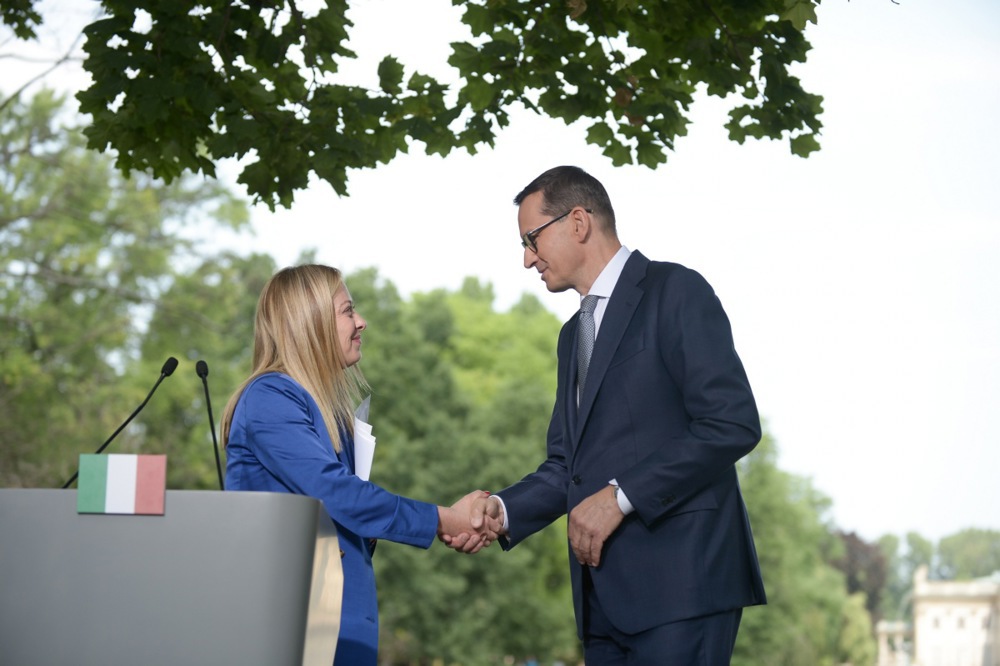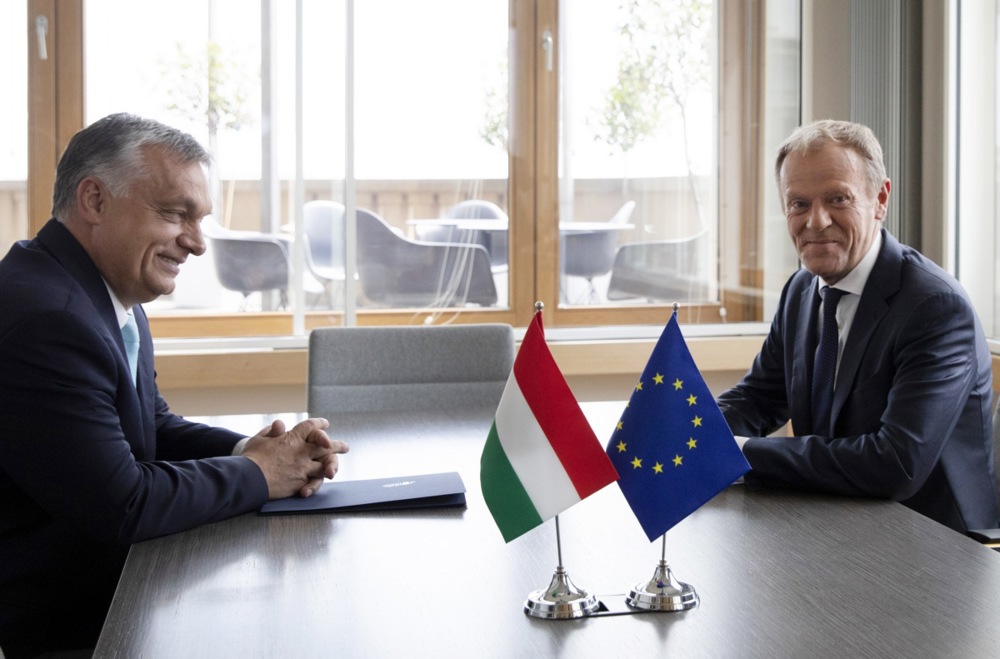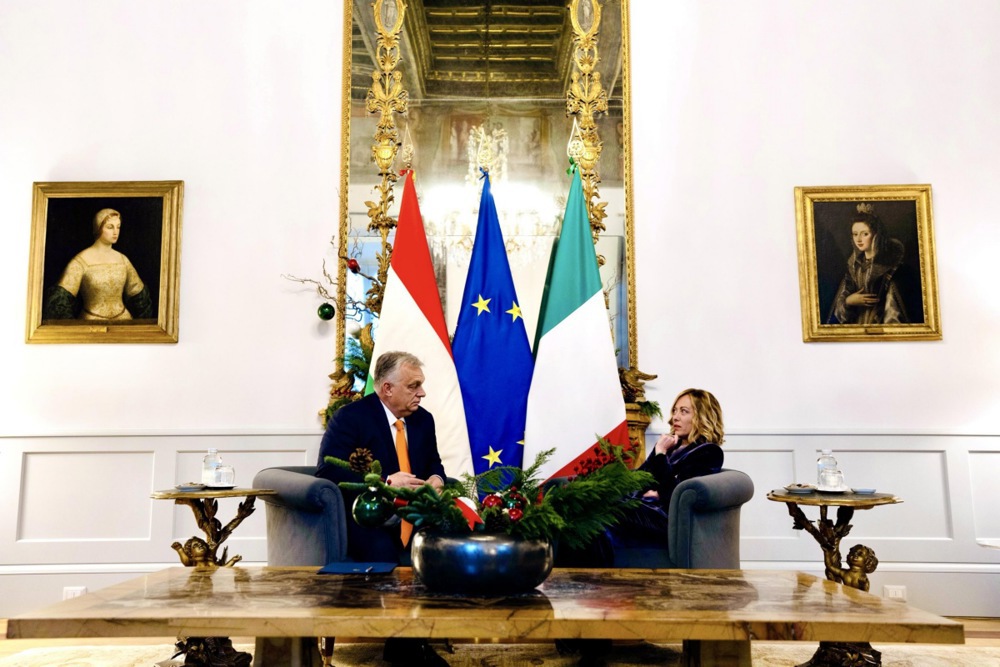US sanctions against Antal Rogan, head of Hungary’s secret service, have sparked controversy but also solidified his role within Prime Minister Viktor Orbán’s government, said Orbán.
Rogan “is responsible for national security and is the primary defender of Hungarian sovereignty. If a global power punishes him, he is doing his job effectively. That’s our perspective,” Orbán said in a January 17 broadcast on Hungarian state radio.
It was the first time Orbán spoke out since the United States imposed sanctions on Rogan in early January for charges of alleged corruption.
Orbán’s government has dismissed the move as the “final, petty revenge” of a departing US ambassador.
Orbán, a long-time ally of President-elect Donald Trump, has however expressed optimism about a “golden era” for US-Hungarian relations under the coming US administration.
Hungary’s relationship with the United States has been complex, with periods of both cooperation and tension.
Closer ties with Trump would mark a shift from an often contentious relationship under the Obama or Biden administrations.
Previous US Ambassador to Hungary, Trump appointee David Cornstein, was an open supporter of Orbán’s government, angering many Democrats and left-wing critics who viewed Orbán’s nationalist policies as an affront to their values.

Orbán had frequent clashes with the US Ambassador under the Obama administration, Colleen Bell. Her claims Hungary was eroding its democratic institutions and human rights led to a fraught relationship, with public disagreements.
With Democratic administrations in the White House, Orbán’s government often accused Budapest’s US embassy of meddling in Hungarian affairs, further deepening the divide between the two nations.
Orbán, however, has often said that under Trump’s leadership, Hungary could expect a strengthened partnership. The countries shared important economic and security interests, he said, such as countering Russian and Chinese influence in Europe.
With Trump in power, Hungary could strengthen its sovereignty and expand its economic ties with the US, positioning the country as a pivotal partner in Europe’s security framework, Orbán has argued.
With rising domestic challenges, including economic struggles and a vibrant opposition ahead of 2026 elections, Orbán has increased his rhetoric against foreign influences.
He vowed to intensify efforts against “foreign networks” undermining Hungary’s sovereignty, calling sovereignty a key aspect of Hungary’s national identity and future success.

“It is time to dismantle the foreign networks that threaten Hungary’s national sovereignty and send them packing,” Orbán declared. “Hungary will likely be the first European country to expel the Soros empire—this is my clear objective for the year.”
Soros and his Open Society Foundation have been key adversaries of Orbán’s Fidesz party for over a decade. In 2017, Orbán’s government implemented tighter regulations on foreign-funded NGOs, requiring them to publicly register and disclose their funding sources.
In 2018, after prolonged disputes with Orbán’s administration, the Central European University (CEU)—founded by Soros in 1991—relocated most of its operations from Budapest to Vienna.
Hungarian Prime Minister Viktor Orbán’s government has offered political asylum to Polish opposition Conservative (PiS) MP Marcin Romanowski. https://t.co/WrT4SeviVp
— Brussels Signal (@brusselssignal) December 20, 2024





